Poland
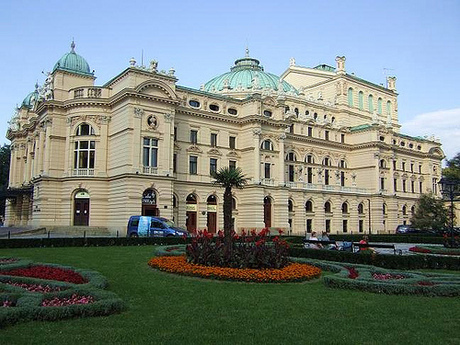
The Juliusz Slowacki Theater in Krakow (Teatr im. Juliusza Slowackiego w Krakowie, or simply Teatr Slowackiego) is one of the first thing one sees after leaving the Krakow Train Station. And its hard to imagine a more magnificent welcome for any visitor. The eclectic wonder is only a hundred years old, and yet it has become an inherent part of the cityscape, and it's hard to picture Krakow without it.
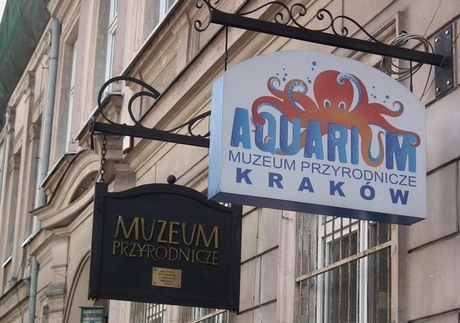
Located just around the corner from Wawel at 9 Sebastiana Street is Krakow’s Aquarium and Natural History Museum. The aquarium – Poland’s largest – occupies 1600 square metres and contains lizards, frogs, turtles and snakes in addition to numerous marine and freshwater fish.
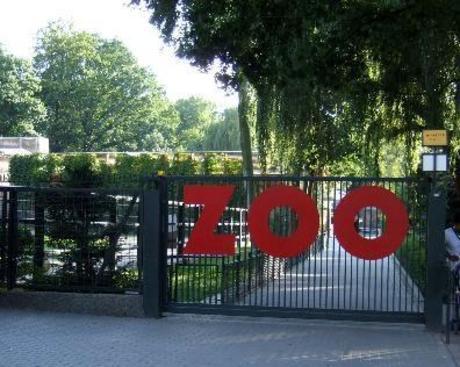
Though the Krakow Zoo may not be as big as the one in Wroclaw – the most famous of Polish Zoos – it is certainly a great place for any Krakow visitor demanding contact with nature more diversified than just one species – the Krakow pigeons.
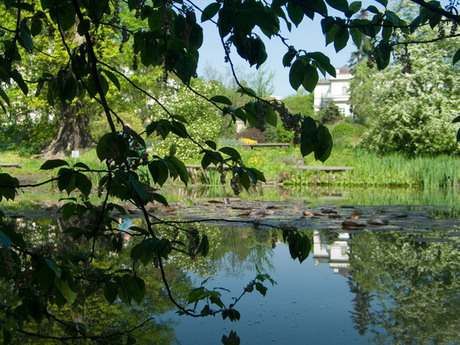
There are times when a bit of boring quietness is more than needed, for Krakow can be a tiring place, especially for those who want to see it all. Situated next to Rondo Mogilskie, two tram stops away from the Krakow Train Station, the Krakow Botanical Garden is the perfect place for spending some peaceful time with all the Krakow landmarks and the traffic out of sight.
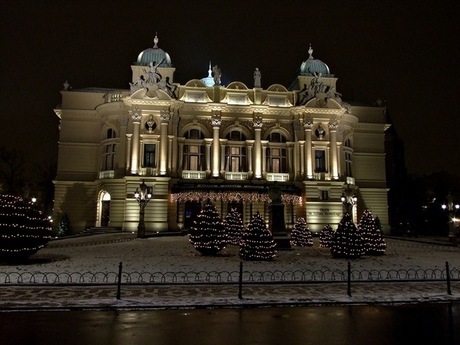
The official name of the Old Theater in Krakow – the National Old Theatre (Narodowy Stary Teatr) – rightfully describes its place in the history and culture of Krakow and Poland. It is truly old – dating back to the 18th century.
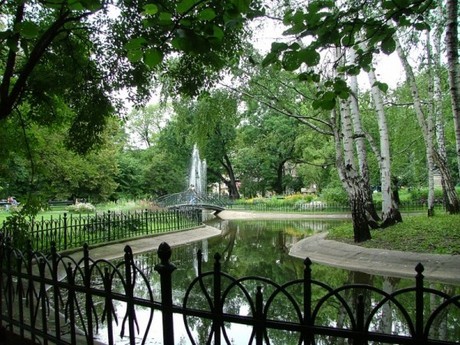
The Krakow Old Town is surrounded by a green ring called the Planty Park (or Krakowskie Planty), gently separating the city center from the noisy outside world. The 52-acre park is a great place to sit in and regenerate after an exhausting tour of the Krakow Old Town.
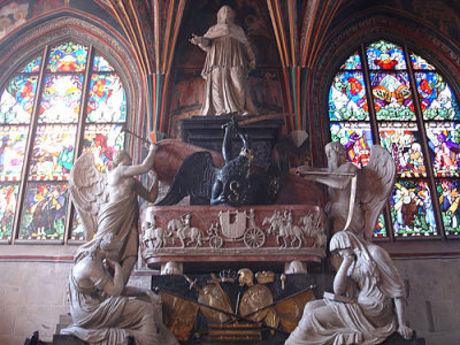
The Wawel Cathedral, Katedra Wawelska in Polish, was the coronation site of Polish monarchs and remains Poland's most important national sanctuary. Thanks to its 1000-year-old history and numerous treasures the Krakow cathedral is arguably the most interesting place in the whole country.
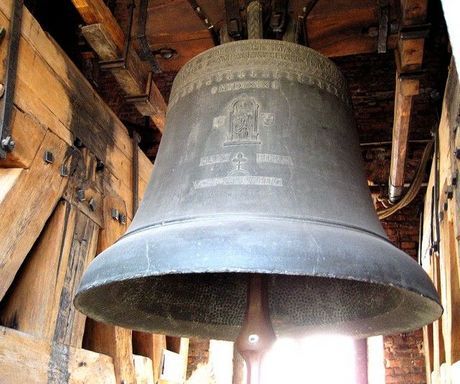
In Krakow you can see, and actually even touch, an equal of the London bell of the Houses of Parliament. Huge Zygmunt (Sigismund) bell, Dzwon Zygmunta in Polish, is nearly 9 feet across too. At the same time Krakow’s Big Sig is a third heavier, weighing 18 metric tons. It is also some 350 years older than its English counterpart, having been cast in Krakow in 1520.
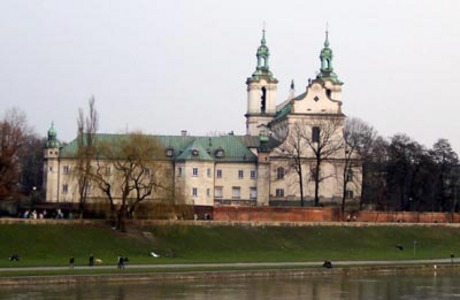
Poland's second holiest sanctuary after the Jasna Gora monastery of Czestochowa lies mostly undisturbed by visitors a five minutes' walk down the Vistula river from the Wawel Royal Castle which swarms with tourists.
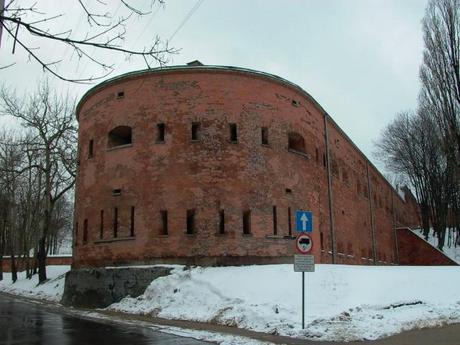
Citadel Museum is located on 25 Skazancow Street near Wybrzeze Gdanskie Street. Citadel is a fortress built by Russians in XIX th. Century when Poland was partitioned by 3 countries: Russia, Germany and Poland. Warsaw was being occupied by Russia at that time.
 12 3 4 5 6 7 8 9 10
12 3 4 5 6 7 8 9 10 
